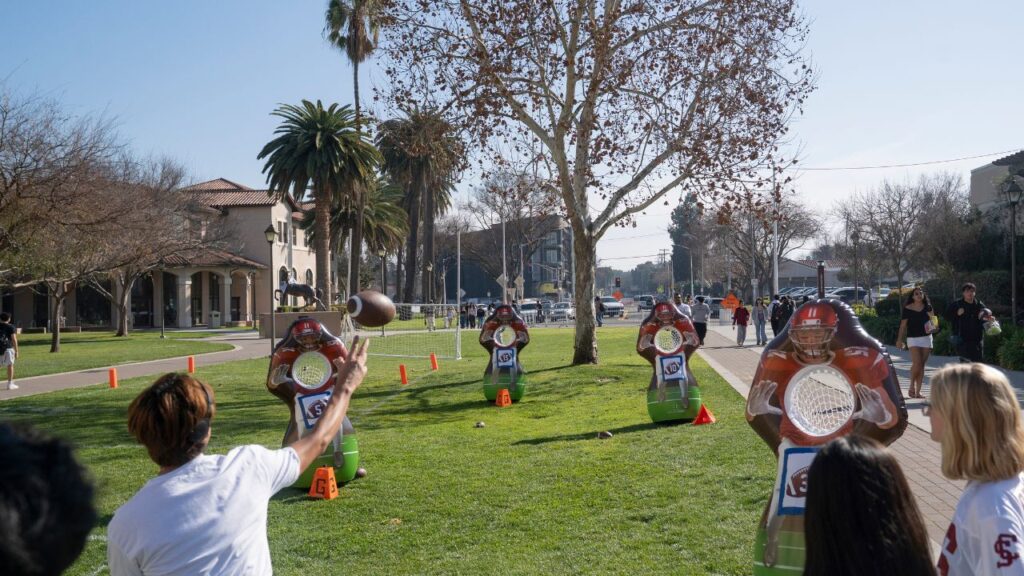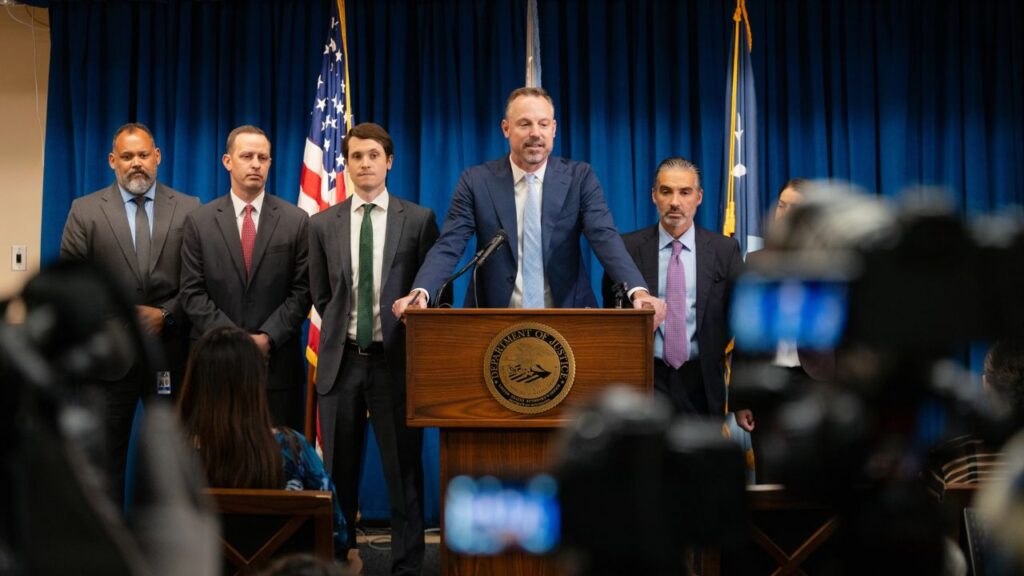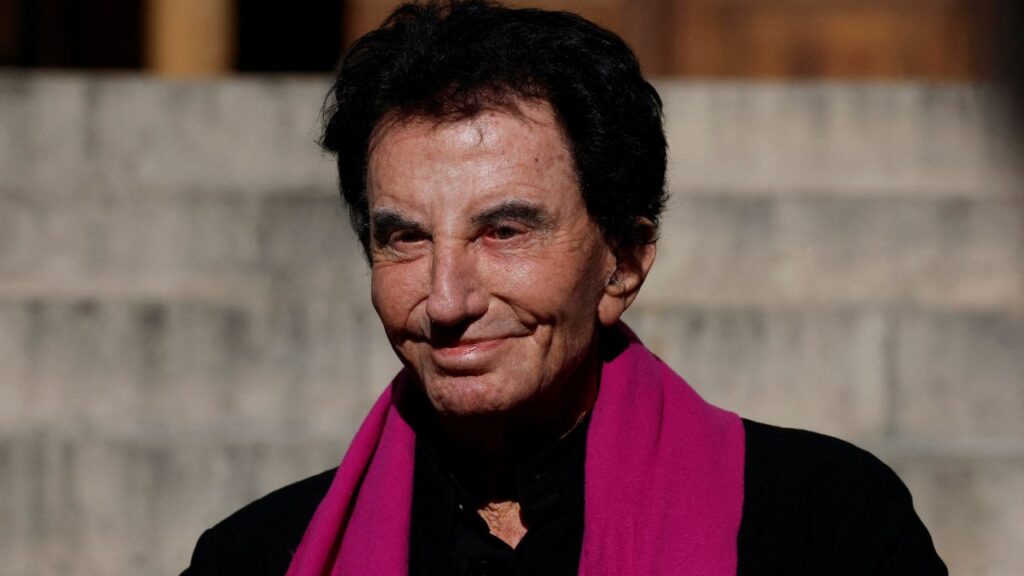Share
|
Getting your Trinity Audio player ready...
|
I have $7,248 in student loans but I’m not disappointed that the U.S. Supreme Court blocked President Biden’s attempt to forgive student debt.
I understand that student loan debt is a problem and that I’ll work to repay mine. But given the opportunity again, I’d gladly take it. Lifting a portion of debt off a select group of Americans will add to inflation and lead to the growth of already crushing tuition prices – even at UC Berkeley where the semesterly cost for a California resident is $9,595, much lower than the nonresident $25,108.

Eythana Miller
Special to CalMatters
My stance probably isn’t popular among my classmates, but it might help to tell you a little about my family and myself.
My parents grew up Amish and, traditionally, kids begin working after 8th grade. I did the same. Instead of going to high school, I stocked shelves and managed inventory at my family’s small grocery shop nine miles outside of a former logging town called Libby, Montana.
I studied for my GED diploma, and at 17, moved on my own to Redding, the seat of Shasta County. I worked multiple jobs, determined to be self-sufficient.
Community College Served as Gateway
I hadn’t grown up thinking about college. I didn’t know anyone who had gone. But one night during a restaurant shift, I overheard a coworker talking about his classes at Shasta College, the local two-year.
He wasn’t paying tuition – in California, community college is all but free – and I instantly bookmarked the fact for investigation. After many emails, swimming through bureaucratic layers of establishing residency and understanding requirements, I enrolled, and began making up for years of missed high school through algebra Zoom classes in the summer of 2020.
I hated being behind my peers, struggling through algebraic factoring and slopes after work on weekend nights, calling friends who were “normal” college freshmen and loved mathematics for help on 9th-grade problems.
After two years of full-time studying while nannying, freelance writing and tutoring, I applied to UC Berkeley and, to my surprise, started school there last fall. In a thousand small ways, I began discovering what had been out of my reach. I digested political theory, economic history and international relations while working to pay tuition and living expenses.
This spring, I took out a loan. My parents help when they can and I’m deeply appreciative, but generations without exposure to academics meant that education was relegated to a lower rung on the financial priority ladder.
Unintended Consequences of Loan Forgiveness
President Biden’s proposed loan forgiveness plan would’ve cost between $300 billion and $980 billion, according to the Penn Wharton Budget Model. While many students would gladly have had their loans forgiven – and understandably so – they’re missing the rest of the picture.
As a professor told me last semester, “The history of U.S. public policy is essentially a series of unintended consequences.” Loan forgiveness gives universities the incentive and ability to raise tuition prices even higher, as students will be more comfortable taking out loans to cover these additional costs, with the potential of forgiveness looming.
College prices rose 31% from 2010-2020, and this plan would’ve worsened the cycle, feeding into the swelling inflation we love to complain about. The U.S. household debt crisis is a concern, but data shows that individuals who hold a college degree earn a much higher income on average, and therefore are more equipped to pay off debt and continue building wealth.
Those without a degree are more often stuck in paycheck-to-paycheck dependence, lacking the skills necessary to climb into a higher income bracket. The accessibility of community college as the spark to kickstart an educational journey should not be understated.
Offering two years for free across the country would do more to bring new students into higher education than forgiving debt for those who’ve already had the privilege of attending. I know firsthand the significance of the second chance that community colleges provide.
About the Author
Eythana Miller is a student at UC Berkeley and writes for the student-run publication Berkeley Political Review. The author wrote this for CalMatters, a public interest journalism venture committed to explaining how California’s Capitol works and why it matters.
CalMatters is a nonprofit, nonpartisan newsroom committed to explaining California policy and politics.
Make Your Voice Heard
GV Wire encourages vigorous debate from people and organizations on local, state, and national issues. Submit your op-ed to rreed@gvwire.com for consideration.
RELATED TOPICS:
Categories


















